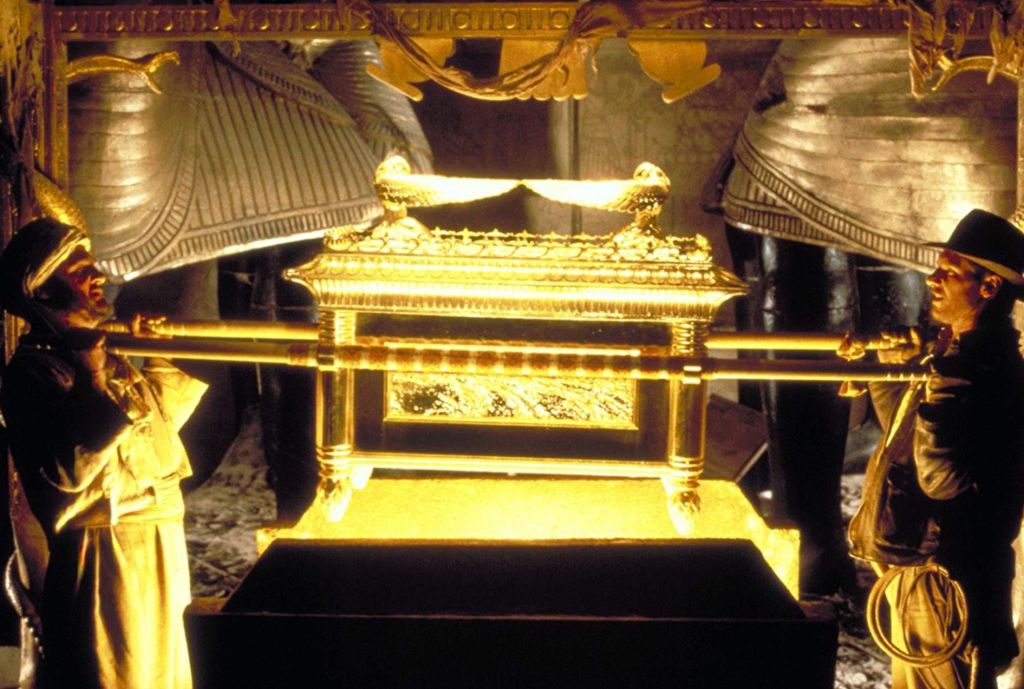
Moses is still talking to the Israelites and he tells them that God made a covenant at Mount Horeb, not with their ancestors, but with them, the Israelites gathered at that moment. He then recites the Ten Commandments, but not the Exodus 34 version. This is the Exodus 20 version which is the version people are most familiar with.
The section that follows says that the Israelites could not bear to hear the voice of God for themselves, so they asked that Moses relay everything that God says to him. God sends the people back to their tents, and he will give Moses all of the commandments, statutes, and ordinances.
Going back to the Ten Commandments. It is curious that the author of this section used the first set of ten, like he didn’t like the second set. I mean, seriously, would there be such a push to hang them in courtrooms and classrooms if it was list that included Jewish feasts and a prohibition against boiling a baby goat in its mother’s milk?
4Hear, O Israel: The LORD is our God, the LORD alone. 5You shall love the LORD your God with all your heart, and with all your soul, and with all your might. 6Keep these words that I am commanding you today in your heart. 7Recite them to your children and talk about them when you are at home and when you are away, when you lie down and when you rise. 8Bind them as a sign on your hand, fix them as an emblem on your forehead, 9and write them on the doorposts of your house and on your gates.
Bibles, Harper . NRSV Bible with the Apocrypha (p. 436). Zondervan. Kindle Edition.
I’m not sure if this greatest commandment is just verse 5, or if it’s the whole paragraph. The authors of the Bible don’t really seem to do lists. They could really learn from Buzzfeed.
They are then cautioned to obey all of the commands and fear, serve, and swear to the Lord because, as we learn again, he is jealous. They are warned against following any other gods of the people around them because they will be destroyed from the face of the earth. They should also not test the God, because he doesn’t like to be tested.
This chapter is God simply covering his butt. Don’t test God, just obey him. In concert with the previous chapter, just do what Moses tells you to do because God only speaks to him and he’ll tell them everything that God wants. And God wants them to follow every jot and tittle of the law or be killed. That’s a nice place to end these chapters.









